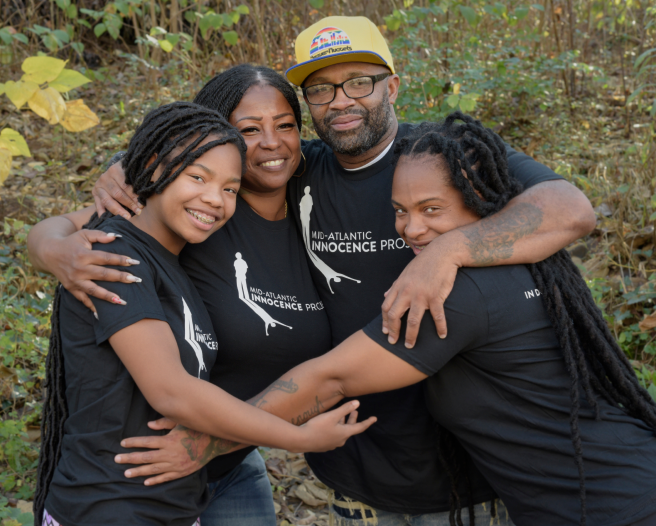Case Location
We take cases only from incarcerated people who were convicted in state and federal courts in Virginia, Maryland, and the District of Columbia.
New Evidence
The incarcerated person must believe that substantial new evidence may exist that has not been considered previously by a court. The new evidence does not have to involve DNA.
No Other Counsel
The incarcerated person must not be currently represented by another attorney in his or her criminal case, or have the right to appointed counsel in the case.
